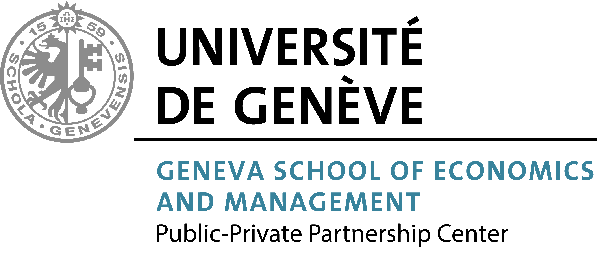Dr MOIRA V. FAUL, Executive Director, NORRAG Network for internationalpolicies on education and development. Associate Programme of the Graduate Institute for International and Devvelopment Studies. Senior Research Fellow and Deputy Director of the Public-Private Partnership Center, and Visiting Professor at the Graduate Institute (IHEID).
She holds a PhD from the University of Cambridge and a teaching qualification from the University of Oxford. Previously, she held a Visiting Research Fellowship at the UN Research Institute for Social Development (UNRISD, 2015-16) and successfully led a UK Research Councils-funded programme on knowledge exchange between research and policy at the University of Cambridge (2013-15). She has also successfully completed international consultancies for organisations in the academic, government, private and voluntary sectors, including Global Partnerships for Education, the UK government, UNESCO, UNHCR, Arup International and ActionAid. In 2018, she was appointed by the Portuguese National Science Foundation (Fundação para a Ciência e a Tecnologia, FCT) as evaluator of Research Centres funded by the FCT.
Her latest publication is a co-edited Special Issue which examines the role of networks and network analysis for Evidence and Policy. You can download her full academic CV here.
MOIRA'S RESEARCH advances a systems understanding of evidence-policy-practice nexus and multi-stakeholder global partnerships for the Sustainable Development Goals (SDGs).
1. POWER: My research debunks the prevailing myth that governance through multi-stakeholder partnerships is inherently inclusive and power-free as claimed in formal partnership designs (and much of the literature). Instead, it describes the opposite situation in which “partners” informally depart from formal rules and relationships in ways that reinforce inequalities of power and affect policy and practice.
Article: https://unige.academia.edu/MoiraFaul
#ISA2018 Panel: https://wordpress5306.wordpress.com
UN Research Seminar:
2. SPACES BETWEEN FIELDS: Moving beyond conventional field theory, we theorise multi-stakeholder global governance as ‘spaces between fields’ (Eyal, 2013), which are co-constructed by relations between heterogeneous public-private and policy-practice-expert network members. Using network analysis, we bring this blurry, emergent space into focus by revealing the relational topography that structures these multi-stakeholder spaces.
Theorising multistakeholder partnerships as a space between fields
3. COMPLEX SYSTEMS: In response to widespread mechanistic and linear readings of international development interventions and effectiveness as converting inputs directly into outcomes, my research examines partnerships as the complex systems they are, in order to move research, policymaking and practice to recognise that sustainable development outcomes and impacts are system outcomes.
Special Issue examining the role of networks and network analysis for Evidence and Policy.
Background Paper: Multi-Sectoral Partnerships and Power
Report: Evidence for global education systems diagnostics
